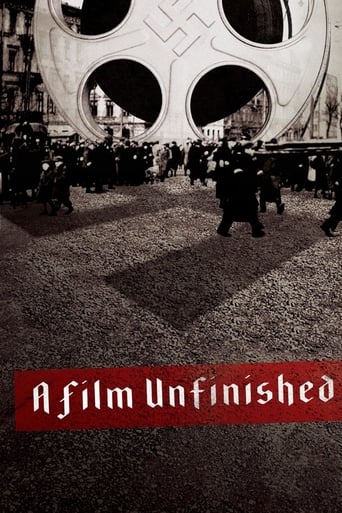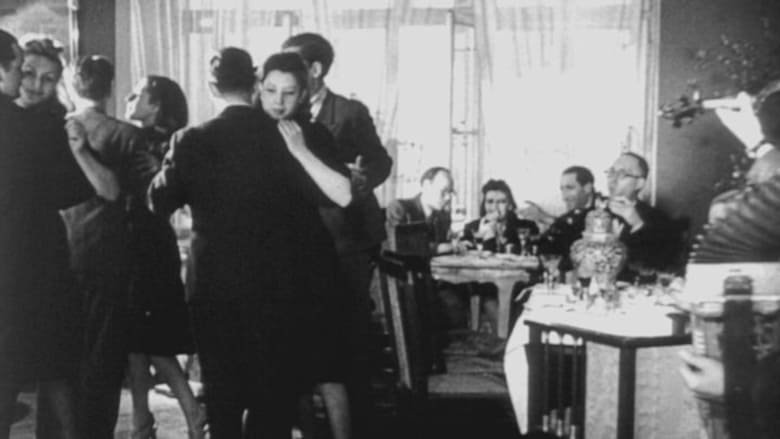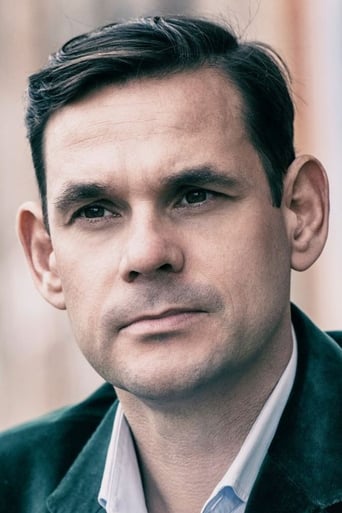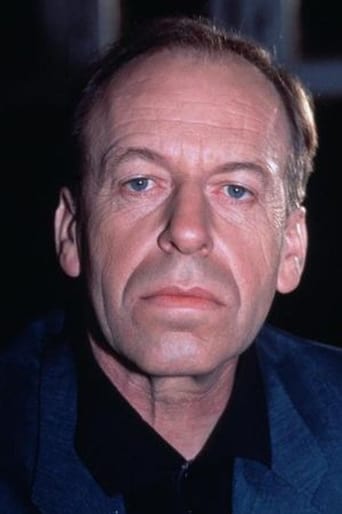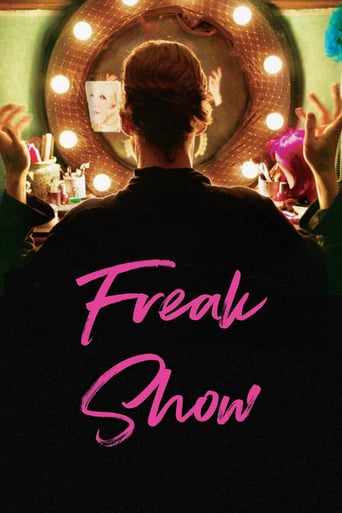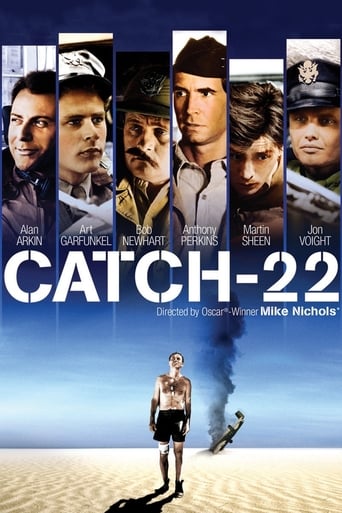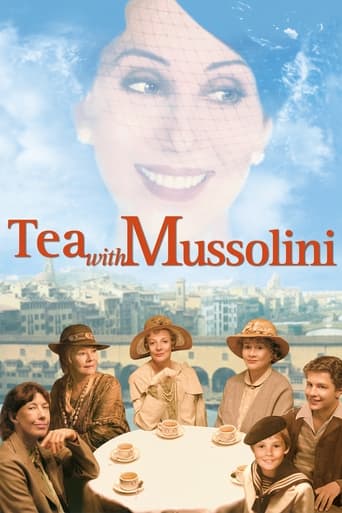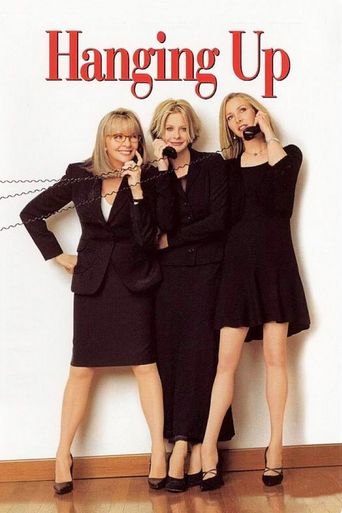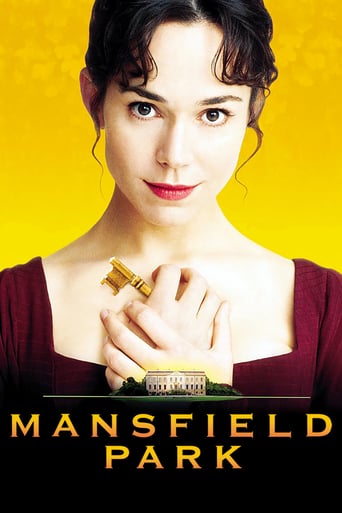A Film Unfinished (2010)
Yael Hersonski's powerful documentary achieves a remarkable feat through its penetrating look at another film-the now-infamous Nazi-produced film about the Warsaw Ghetto. Discovered after the war, the unfinished work, with no soundtrack, quickly became a resource for historians seeking an authentic record, despite its elaborate propagandistic construction. The later discovery of a long-missing reel complicated earlier readings, showing the manipulations of camera crews in these "everyday" scenes. Well-heeled Jews attending elegant dinners and theatricals (while callously stepping over the dead bodies of compatriots) now appeared as unwilling, but complicit, actors, alternately fearful and in denial of their looming fate.
Watch Trailer
Cast


Similar titles
Reviews
Really Surprised!
Nice effects though.
Bad Acting and worse Bad Screenplay
Absolutely the worst movie.
"A Film Unfinished" - film by Yael Hersonski. Why "A Film Unfinished" & why credit it to Yael Hersonski? It was perhaps perfectly finished already! Old Chinese proverb: A picture tells a thousand words! This is basically a silent movie - i.e. without words, but it needs no words! With scathing, hateful looks & gestures, privileged persons glare at starving, sick/dying, traumatised children & young & old women & men who have somehow become entangled against their will, within a horrendous environment - interloping into the "precious" lives of the privileged. Whoever made this documentary obviously wished to expose Capitalism - with the obscenity & depravity of wealth, glowing physical beauty & health vs Poverty - with the depraved & deprived extreme social exclusion & powerlessness of lower status. Extreme sadness! But this projection cannot be faked! Not even in Hollywood! While film maker, Yael Hersonski suggests this documentary was for Nazi Propaganda Machine in 1942, I suggest this documentary was made by persons who wished to expose truths - not falsity of propaganda! Who would agree to expose themselves as "capitalist pigs" for the Nazi war machine? Were they also Nazis or Jewish collaborators? Or simply stupid people who really did think they were superior to poor masses? This is the basic understanding of capitalism & accordingly, is no crime. The opposite view is to understand Jesus, Mohammed, Marx & Engels, Lenin, Stalin, Trotsky, Castro, Chavez, etc., etc., etc. I think "A Film Unfinished" was perhaps originally assembled perfectly to defy capitalism in all its degrees .... to expose its depraved power & how it suffocates the poor! But in reality, capitalists ultimately are big-time losers! While the poor physically die in extreme pain & sadness, the rich die - sooner or later - also ... but in extreme mental & soul-strangling torment. Nazis were expert in capitalist tacts! Initially practising euthanasia, they quickly moved to obvious murder - striking against anyone & everyone - rich or poor - like insane creatures! And this is the message of this film! These insanity has no particular ethnicity & is non-discriminatory! While the film's female commentators recall their personal hygiene during the Holocaust, they nevertheless couldn't spare a mouldy crust of bred for an orphaned beggar child who scrounged through filthy faecal/excrement heaps in the streets for sustenance! So who is the Nazi? So humanity behaves humanely towards the vulnerable/powerless! If this is capitalism, I choose communism/socialism - whichever is appropriate to the situation! - extreme or mundane. Actually in this film, one sees German soldiers standing idly by watching the privileged Jews deliberately averting their gaze from the "ugliness of the poor". Do the German soldiers, watching from the sidelines, recognise themselves in the ugly capitalist creatures who in their disdain of the poor, hasten their inevitable fate. Close ups of the film show individual victims of holocaust (viewings of every angle of their shaven heads) - defenceless in their diminishing dignity & pride but nevertheless with underlying defiance. They appear stoically beautiful! In stark contrast, the rich privileged capitalists are perversely ugly despite their obvious wealth! I'm not a believer in conventional god but i understand Escher's "Scapegoat" analogy of God & Satan. Furthermore there were more than Nazi hands that "rocked the cradle"! These are the hypocrites!
By the time Adolf Hitler (b. 1889) had written Mein Kampf (My Struggle) he had already surmised that at least half of Germany's problems during World War 1 were due to the lack of vision and skill to use and project propaganda, to give it its political tag, enlightenment. This, the method of control of the mind, body and soul to enhance its people to complete dominance, oppression and obedience of the Will through fear, hatred, paranoia, to the point of xenophobia. Hitler had learned his lesson with extreme interest and with the onslaught of his uprising to the days of his decline he had used the medium of the moment; film.Dr. (Paul) Joseph Goebbels (b. 1897), Hitler's appointed minister for Ministry of Public Enlightenment and Propaganda, had total control over all mediums, and film and cinema were to be his greatest ally. (Worthy of note here is the David Welch book "Propaganda and the German Cinema; 1933-1945" that delves into the mind and machine that is both Goebbels and his highly controlled medium which analyses major German propaganda film and documentaries of that era). Here, with reel one, with A Film Unfinished, we see the birth of an idea that bears fruition but is never completed; the title of this film, within this documentary that is being examined is, simply, called The Ghetto. With no dialogue, no sound but simply a moment caught in time, it is, on first viewing, an account of life within the Ghetto of Warsaw: good, bad or indifferent. It is with this in mind that we are given an account of several interwoven worlds; we are shown the rich, the poor, the destitute and those with, seemingly, influence all congesting in one tiny mass of land, three square miles, committing to weddings, parties, funerals, a circumcision and life, all 400,000. What A Film Unfinished tries to dispel here is the fact that with the finding of a second reel, later, the whole process before now looks very much tainted and dubious, Ms. Yael Hersonski has uncovered a conspiracy of fear and total obedience within the Warsaw Ghetto, conducted by the Nazi propaganda machine. Breaking the myth that what we have witnessed beforehand has been nothing more than a fabricated, constructed and manipulated tool to express how the Nazi regime and in particular, the Jewish community here, were living life happily, freely and independently. This valid point of photo manipulation begs the question "What can we believe?", if this second reel had never been found would we still, with extreme caution perhaps, take the whole scenario for granted? What Ms. Hersonski has done is to discharge the myth of life, not so much as in the Ghetto, but the Nazis' point of view of life within its streets, with the account of first hand witnesses' and to have, too, an account from one of the Nazi camera crew. All making their point very well, an elaborate hoax. What cannot be covered up with lies here is the squalor, deprivation and hunger that conflicts with the affluent rich that coincide with this open prison, this, just may have been the image that the Nazi propaganda machine wanted to project, a polar opposite of a community living side-by-side. To steer both resentment and disgust for these people by portraying them as weak and at the same time a selfish race. The scene in which children caught with food under their clothing and forced to empty their pockets, seeing the food spill out onto the street, is both heartbreaking and at the same time untrustworthy, again, one has to be careful in judging what we see, as we have now become aware that not all we see is accountably factual. This is the power of the medium of film and this, too, ironically, is the power of Ms. Hersonski work here. Raising questions that need to be asked, has the documentary film ever been so poorly placed, so exposed to the point of questionable doubt. Can we truly believe in what we are seeing, even with today's medium playing its role in contemporary societies? There is only one possible simple answer, one possible simple solution, trust not in what you see on the screen but trust more in what one has to say, to hear and to experience. This is where the true documentary lies.
Holocaust movies have always reigned supreme by the Academy Awards and other film award delegations. However, one can always debate what was really real in those movies or how much was overblown for dramatic enhancements. I am not trying to degrade those films, because most of them were stellar; such as "Schindler's List", "Life is Beautiful", "The Pianist", just to name a few. However, the first film footage on the pre-Holocaust was filmed by none other than the Germans themselves back in 1942 in the Warsaw ghetto. The actors were real Jews who were not aware of their eventual fatal fate by later deportation and mass killings by the Germans. The film was simply titled "The Ghetto" and was discovered after the war. The unfinished work, with no soundtrack, quickly became a resource for historians seeking an authentic record, despite its elaborate propagandistic construction. It was later discovered that it was no more than an unauthentic Nazi film trying to depict that Jews were not treated harshly by the Germans, and actually showed footage of the Jews eating at decent restaurants and attending theatrical shows; even though it also revealed the atrocities of the malnourishment of the ghetto by showing dead corpses on the sidewalks among other "tough to stomach" real images. The intent was to show the differentiations of the Jewish classes in the ghetto. But the "reel" intent was to cinematically manipulate to demonstrate that the Germans treated the Jews fairly and were not responsible for their poverty & melancholy state. Obviously, we all know that is not the "reel" truth, especially when unseen footage was later found that proved that many of the scenes in "The Ghetto" film were staged and various scenes took many takes. Writer-Director Yael Hersonski meticulously crafts the documentary "A Film Unfinished" as an expository revelation on the German staged production of "The Ghetto". Not only does Hersonski presents most of the "The Ghetto" footage, but also of the recently discovered footage that authenticated the pseudo- realities of what ghetto life was like for the Jews. Moreover, in "A Film Unfinished", Holocaust survivors presenting their harsh experiences of the ghetto as a child which even more validate the falsity of the German production "The Ghetto". Hersonski even interviews one of "The Ghetto" cameramen who states that when he was filming, he was naïve of the primary intent of "The Ghetto" production, among other revealing atrocities behind the German carnage of the Jews. There are wide array of harsh truths that make "A Film Unfinished" difficult to finish. But it is documentary that people of all religions and classes should start and finish just for the sole reason to be reminded that an authoritative government serves no purpose, and always hurts a mass of innocent people; and those are the dictatorships that should always be finished. **** Good
In publicity for this movie much is made of a truth to be revealed by footage in a newly discovered spool of film, however revelations to be had from the find seem profoundly limited to a single point: in a Nazi film of life in the Warsaw ghetto the scenes are staged.Footage of walking cadavers is certainly powerful, and emotional recollections of survivors is moving, but, heartless though it may sound, there is nothing new presented here. The only thesis articulated is really pretty uninteresting, and possible ancillary themes are never developed: Rüdiger Vogler reads the testimony of cameraman Willy Wist, who says what he witnessed in the ghetto haunted him long afterward, even despite some of the things he saw later. The narrators might have asked what Wist was referring to. What is the context into which Wist fits his memories of the ghetto? We're shown the Nazis repeatedly staged shots to stress contrasts between wealthy, well-fed Jews in the ghetto and the majority who were starving, but there is no exploration of the reality – a narrator simply recollects that a few dozen people were able to remain well fed.Rather than a coherent whole this is an hour and a half of staged footage of the May 1942 Warsaw ghetto interspersed with survivor commentary. The holocaust canon has more rewarding works.

